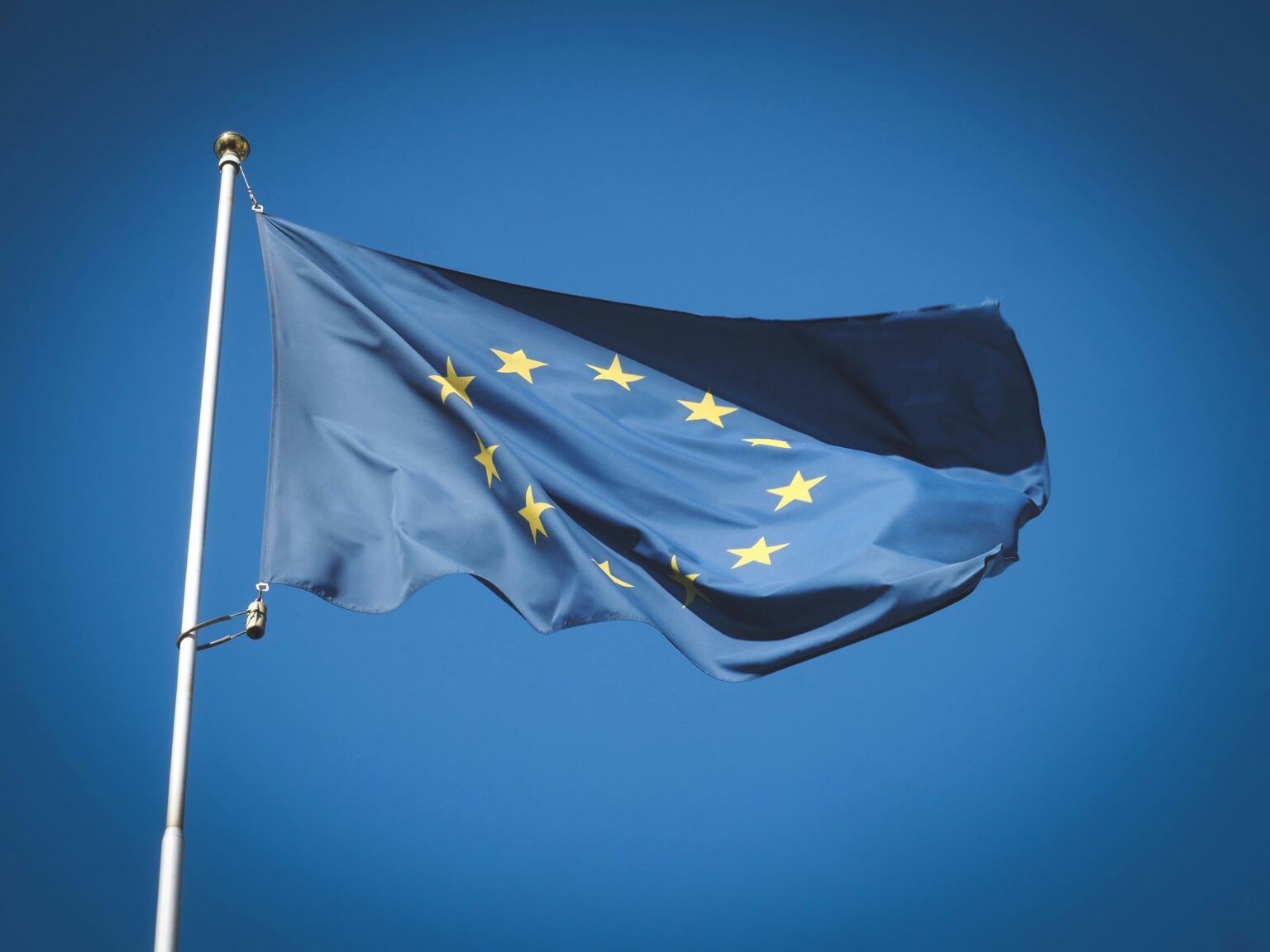The European Commission has referred five EU Member States—Czechia, Cyprus, Poland, Portugal, and Spain—to the Court of Justice of the European Union (CJEU) for failing to fully implement the Digital Services Act (DSA), the Commission announced this week.
The Digital Services Act, formally known as Regulation (EU) 2022/2065, establishes a comprehensive framework to ensure a safer digital environment across the EU. It entered fully into force in February 2024, mandating that all Member States designate and empower a national Digital Services Coordinator (DSC) with sufficient authority to supervise and enforce the regulation. Additionally, countries were required to establish penalties for violations of the DSA.
According to the Commission, Poland has not designated a DSC at all, while Czechia, Cyprus, Spain, and Portugal—despite appointing national coordinators—have failed to grant them the necessary powers to enforce the legislation effectively. None of the five countries have laid down the rules on penalties as required under the DSA.
These failures, the Commission argues, hinder the consistent application and enforcement of the DSA across the Union. “DSCs are essential in supervising and enforcing the DSA and in ensuring the uniform application of that Regulation across the Union, working in cooperation with the Commission,” the EU executive stated.
The infringement procedures began with letters of formal notice sent in April and July 2024, followed by reasoned opinions later in the year. After none of the five Member States took adequate remedial action, the Commission opted to escalate the matter to the EU’s highest court.
In a related development, the Commission has intensified its procedure against Bulgaria for similar shortcomings. Bulgaria has neither empowered its DSC nor introduced the required penalty framework. If corrective action is not taken within two months, Bulgaria may also face proceedings before the CJEU.
The DSA covers a broad range of online services, including social media platforms, online marketplaces, and content-sharing services. It aims to ensure user safety, protect fundamental rights in the digital space, and create a level playing field for businesses. Enforcement of the DSA involves a joint effort between national DSCs and the European Commission, particularly for very large online platforms, defined as those with more than 45 million monthly users.
As enforcement mechanisms continue to be established, the Commission is also carrying out investigations into potential breaches by major platforms, including X (formerly Twitter), TikTok, and Meta. These probes are still ongoing.
The current legal actions underscore the EU’s commitment to ensuring full and uniform enforcement of the Digital Services Act across all Member States, reinforcing the bloc’s broader strategy to govern digital markets more effectively.
